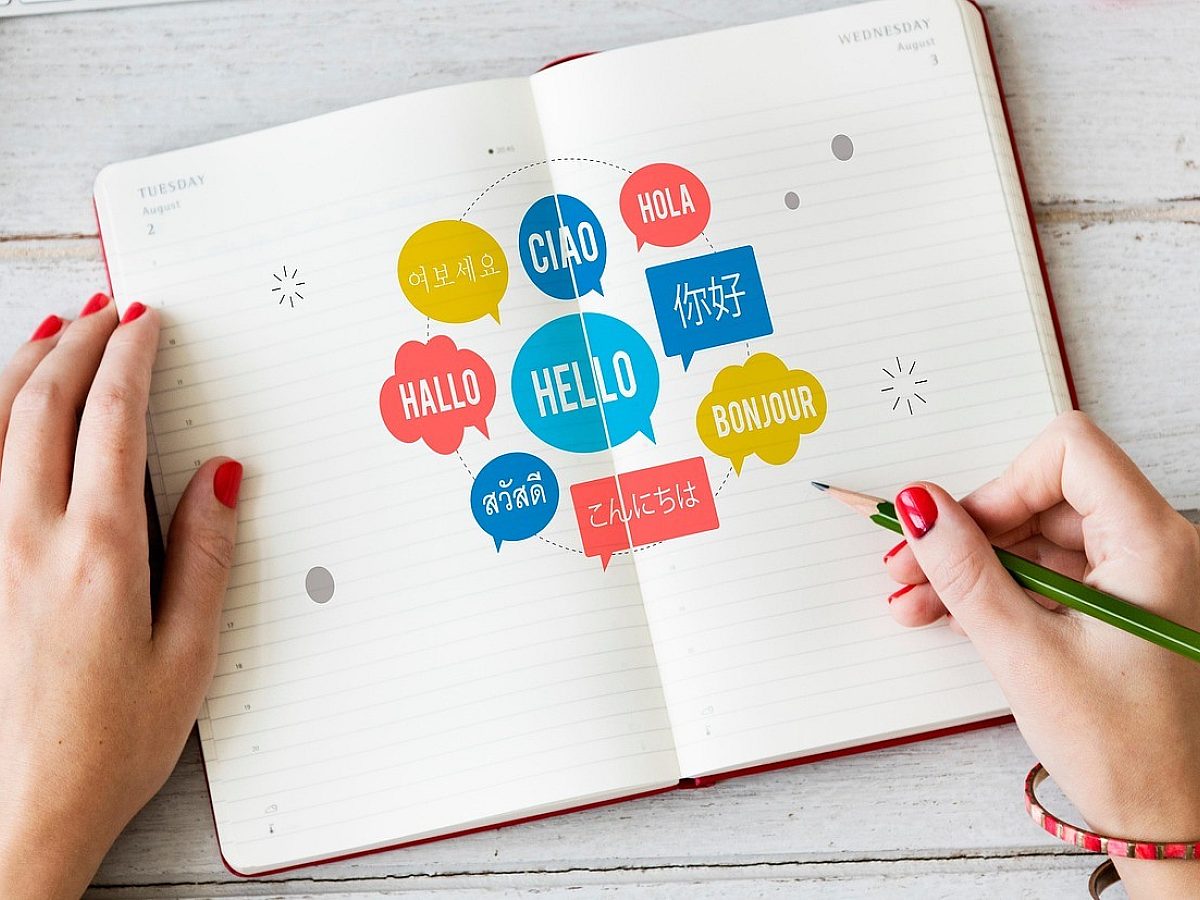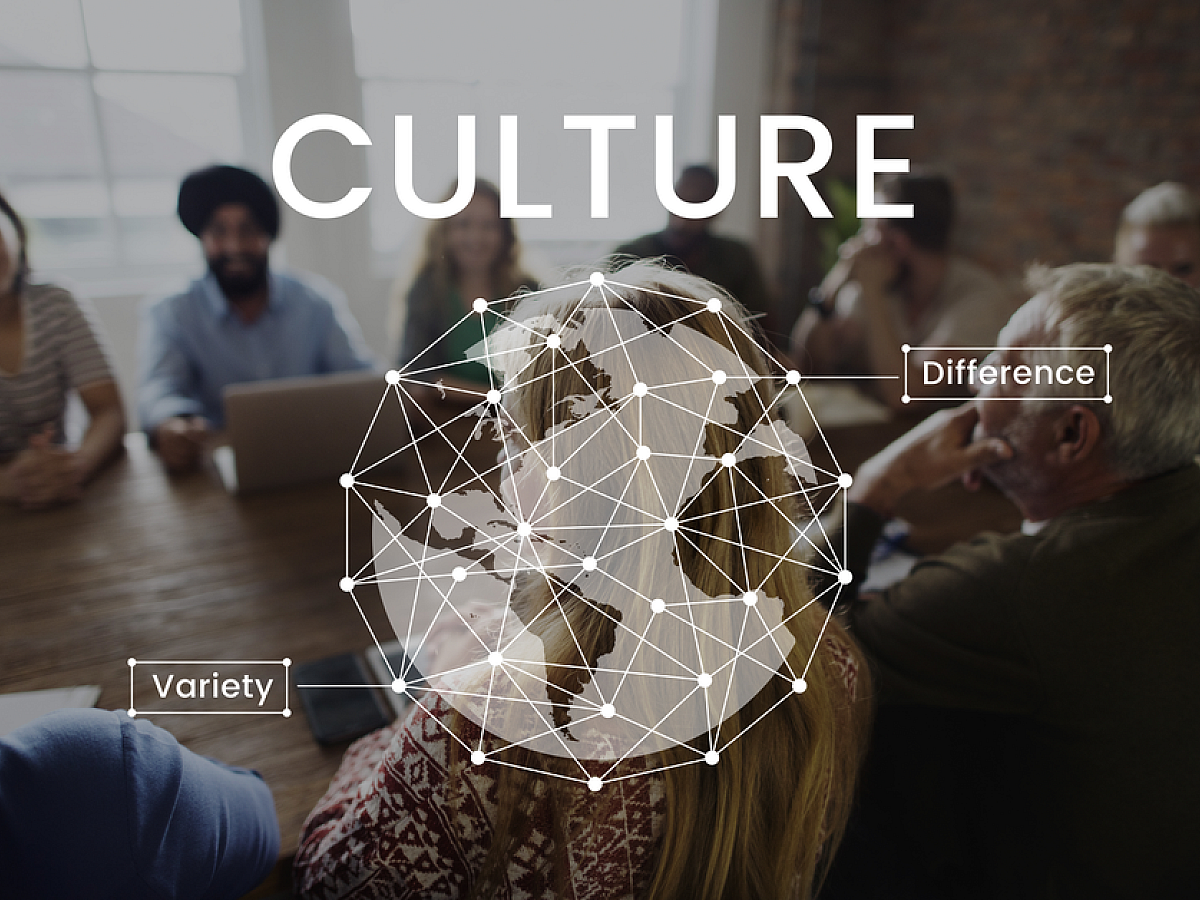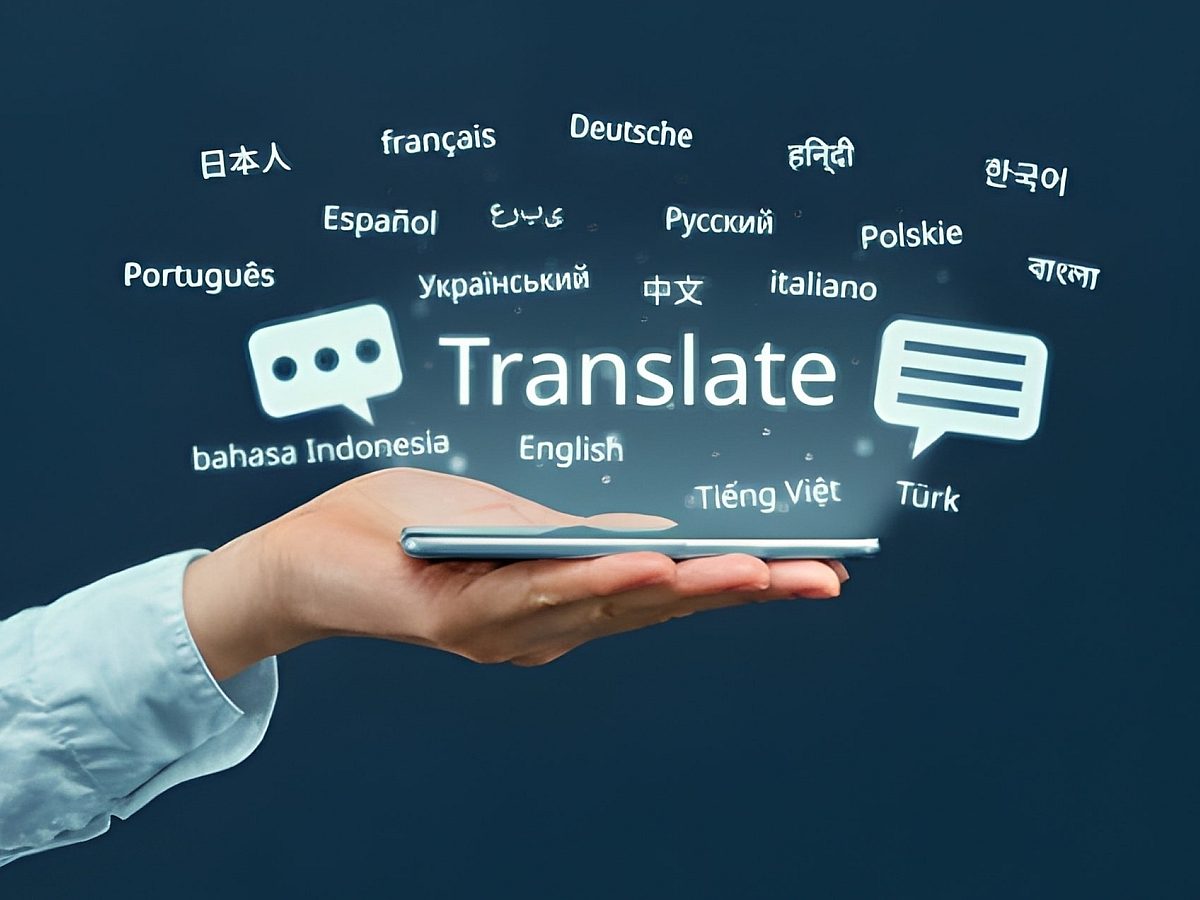Having a multilingual website is one of the easiest ways to grow your business and reach new markets. And now, thanks to AI, it’s easier than ever to translate all of your web pages into dozens of languages at practically no cost.
But does AI produce high-quality, trustworthy translations? How will Google react to websites populated by 100% AI-translated content? And how will your potential customers react?
Recently, Google’s Search Relations Team Lead, John Mueller, hosted a Q&A on this topic for Google’s SEO Office Hours video series.
He provided answers to the above questions and gave some advice on how to better leverage AI when translating your website.
Below is a recap of what Google has to say about AI translation, SEO, and creating quality content.
Google’s Stance on AI Translations
John Mueller’s message on Google’s SEO Office Hours focused on quality over the method of translation. Overall, he said that quality is the most important factor when creating content, whether that content is created by humans or AI.
One user asked about transparency in the use of AI translations and whether it affects website rankings. Mueller emphasized the importance of quality in translated content but suggested that AI translations represent a “low bar” that might negatively impact a website’s SEO performance.
“Ultimately, a good localization is much more than just a translation of words and sentences, so I would definitely encourage you to go beyond the minimal bar if you want users in other regions to cherish your site,” said Mueller.
Another user asked about automated machine translation (MT) for websites and its effect on global SEO. Mueller, again, did not say that using MT would affect rankings, but his answer was pessimistic regarding the quality of these tools.
“If the auto-translation is of low quality, [it may affect a website’s ranking],” Mueller said. “You should ensure that a human native in those languages reviews (and perhaps fixes) the translations to ensure that the content is actually helpful for users.”
To sum up Google’s stance: AI translation in and of itself does not impact SEO performance, but it may still hurt your rankings due to its inherent quality issues.
The Pitfalls of Poor-Quality AI Translations
While AI translation tools, such as Google Translate and ChatGPT, offer speed and cost-efficiency, they are not without limitations.
According to John Mueller, AI translation should be approached with careful consideration of quality and user experience.
Raw AI translation does not consider the user, resulting in non-localized and unnatural-sounding content. This doesn’t just put your website at risk of tumbling in the search rankings—it also damages your brand and reduces your credibility.
Poor-quality AI translations can harm your business in several ways:
- Negative User Experience: : When translations are inaccurate or awkward, users may find it difficult to understand your content, leading to frustration and a poor overall experience.
- Damage to Brand Reputation: If your website’s translations appear unprofessional, it can damage your brand’s reputation and credibility in new markets.
- SEO Impact: Google’s algorithms prioritize high-quality content. Poor translations can lead to lower search engine rankings, reducing your website’s visibility and organic traffic. On the flipside, using professional international SEO services has a positive impact.
- Compliance Issues: Inaccurate translations might result in legal or regulatory issues, especially in industries with strict compliance requirements.
It’s important to remember that AI is a new technology. It may be impressive at first glance, but it’s far from recreating the nuance of human communication. AI translation should always incorporate human oversight and quality control.

The Importance of a Human in the Loop
While AI translations provide a quick solution, they lack the subtleties and cultural context that specialist translators bring to the table. During his Q&A, John Mueller mentioned that human review of AI-translated content may be an effective way to ensure quality and relevance.
One effective approach to balancing the efficiency of AI translation with human quality is Machine Translation Post-Editing (MTPE).
MTPE involves using AI for initial translation followed by human editing to refine and enhance the content. This method combines the speed of AI with the accuracy and cultural sensitivity of human translators.
By implementing MTPE, businesses can benefit from cost-effective translations while ensuring that the final content is polished and professional. This approach is particularly useful for landing pages and other critical content that directly impacts user engagement and conversion rates.
The Challenges of Implementing MTPE
Human-in-the-loop solutions like MTPE address many quality concerns but also present their own challenges.
They require the hiring of experts, which increases costs. Additionally, there is a risk of inconsistency across languages when working with many different translators.
A human-in-the-loop approach is easiest when translating a website into one additional language. However, at this scale, investing in a professional human translator to ensure thorough and accurate translation is often the better choice.
The problem for many businesses is that both the benefits of AI and its quality control issues come at scale.
One solution is to work with a linguistics agency that specializes in machine translation with expert translators in the loop. This provides businesses with the cost-savings of AI, access to experts and consistency across languages.
Wolfestone Group is a leader in AI translation services for businesses. Our hybrid approach integrates proprietary AI translation technology with meticulous human post-editing to ensure that every translation meets the highest standards of accuracy and cultural relevance.
Striking the Right Balance
AI translation offers a promising solution for multilingual content, but it is necessary to approach it with a focus on quality and user experience.
John Mueller clarified that Google is not against AI translation, nor is it considered a ranking factor. However, he also insisted that human involvement in the translation process may be necessary to meet Google’s standards of accuracy and relevance.
By adopting expert-in-the-loop practices such as MTPE and investing in professional AI translation services, businesses can create high-quality multilingual content at scale and maximize their global reach.
If your business seeking to expand its reach with multilingual AI translation, partnering with an experienced language service provider like Wolfestone Group can make all the difference.
Contact us today to discuss your AI translation needs and discover how we can help you achieve success in international markets.




